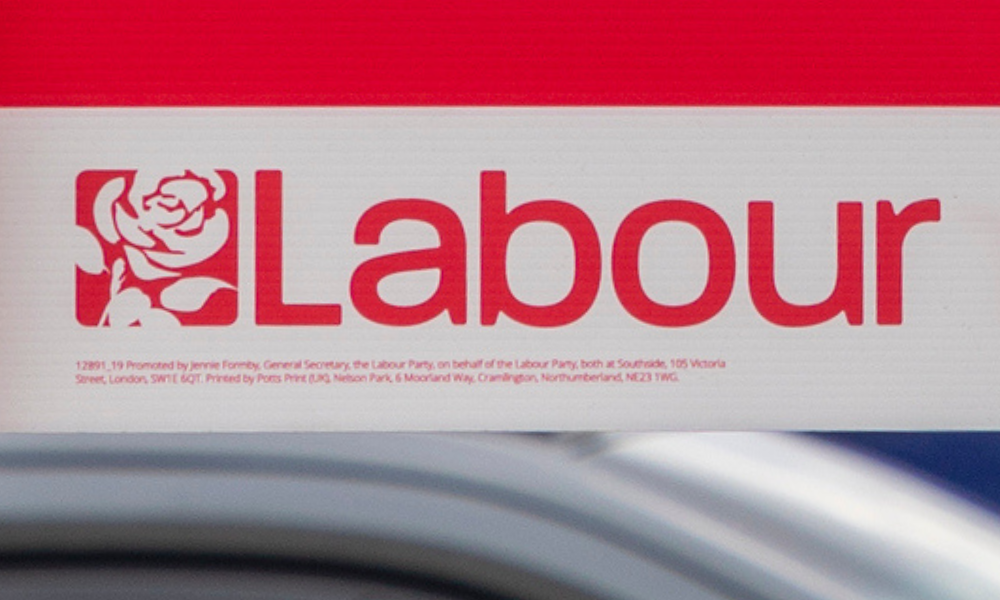Which measures is the BOE particularly concerned about?

Prime Minister Keir Starmer’s Labour government, while grappling with an inherited fiscal quagmire, has been handed a potential economic boost by the Bank of England (BOE). On Thursday, the BOE cut interest rates and projected faster-than-expected economic growth, but also issued a warning about potential risks associated with Labour’s upcoming budget plans.
In a significant shift, the BOE lowered its benchmark interest rate by 25 basis points to 5%, ending a 12-month period marked by the highest rates since 2008. According to a Bloomberg report, this decision comes amid a broader global trend of easing monetary conditions, reflecting a more optimistic outlook for the UK economy. The central bank’s updated forecast for 2024 now predicts growth of 1.25%, up from an earlier estimate of 0.5%. Inflation is expected to decline sustainably below 2.5% by the latter half of 2025, and unemployment is projected to peak at 4.8% in early 2026.
“The boost to growth in the short term and lower rates will help them — on that they’ve been quite lucky,” chief economics adviser at the Centre for Economics and Business Research Vicky Pryce commented on the lowering of rates and its impact on the UK economy during the Labour administration. She noted that reduced borrowing costs and tamed inflation will ease the country’s debt servicing burden.
Measures that may shake inflation
The BOE’s favourable economic forecast comes with caveats, however. Andrew Bailey, the BOE governor, warned of the dangers of overstimulation. Labour’s plans, including a substantial near £10 billion pay rise for public-sector workers and a proposed increase in the minimum wage, could potentially stoke inflation if not managed carefully, Bailey noted. He cautioned that the economy’s growth limit is currently around 1.5%, below Labour’s ambitious target of 2.5%. He emphasized that excessive fiscal stimulus could drive up prices, particularly through higher private sector wages.
The stronger economy over the past few months “adds to the risk that inflation could be higher than expected if we cut interest rates too much or too quickly,” Bailey said. This concern is amplified by Labour’s additional plans, including significant increases in the minimum wage, which economists fear could lead to near 10% pay hikes for low-income private sector workers by April.
The BOE also highlighted concerns about the potential impact of Labour’s new worker protections, such as enhanced rights against dismissal and restrictions on zero-hour contracts. The central bank noted these measures could reduce market flexibility and raise the equilibrium unemployment rate, potentially adding to inflationary pressures.
Deputy governor for markets Dave Ramsden noted that the equilibrium rate of unemployment might already be higher than the BOE’s estimates, which could negatively affect supply growth and exacerbate inflation.
Despite these warnings, the BOE acknowledged that there is room for Labour to implement policies that could boost the economy’s potential and mitigate inflationary risks. The challenge will be balancing stimulus with the risk of reigniting inflation, Bloomberg noted.
As Labour prepares for its October 30 budget, Chancellor of the Exchequer Rachel Reeves is expected to navigate this delicate balance. The BOE’s latest forecast suggests that while the economic environment is improving, excessive borrowing and fiscal stimulus could complicate efforts to maintain stable growth and control inflation.
Do you have something to say about this story? Let us know in the comments below.



